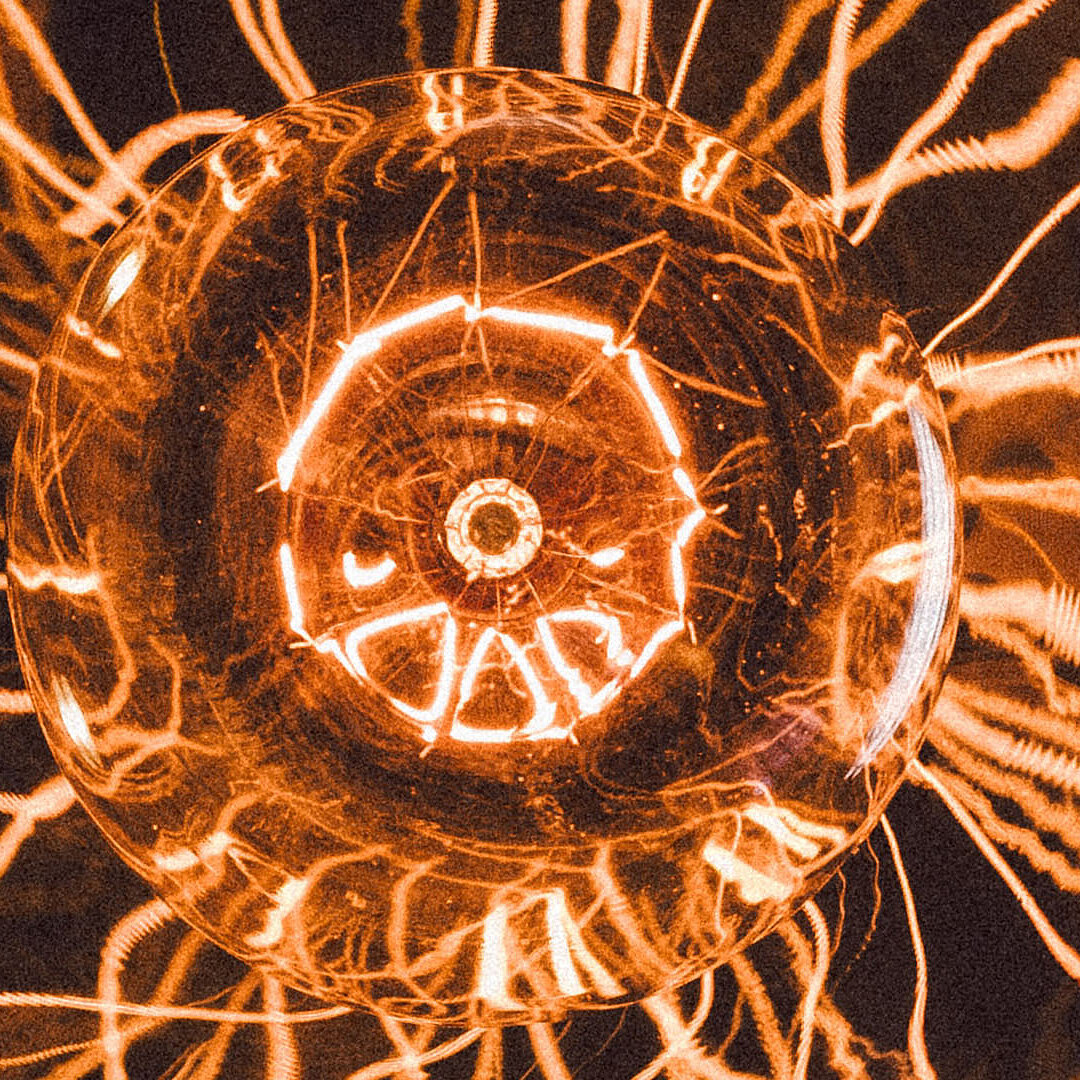How much clean-tech manufacturing Europe needs to safeguard its energy transition
Europe can make critical value chains in the transition to climate neutrality more resilient by ensuring minimum levels of clean-tech manufacturing take place domestically. To complement the Net-Zero Industry Act, Agora Energiewende and Agora Industry propose a policy package which includes sufficient funding and aims to safeguard the clean-tech sector’s long-term competitiveness.
Brussels, 12 September 2023. To protect Europe’s energy transition against supply chain risks, the EU should secure minimum shares of domestic clean-tech manufacturing and aim for stronger supply chain diversification as well as enhanced recycling. These are key findings of a new analysis by think tanks Agora Energiewende and Agora Industry carried out with the support of consultancy Roland Berger.
The EU is currently negotiating domestic clean-tech manufacturing targets under the Net Zero Industry Act. In this context, Agora provides a thorough assessment of minimum shares of EU-manufacturing for solar panels, wind turbines, batteries, heat pumps and electrolysers that would strengthen the resilience of clean-tech value chains. The analysis also calculates the amount of public funding needed to achieve the recommended shares.
Matthias Buck, Director Europe, Agora Energiewende said:
“Europe’s successful transition to climate neutrality relies on solar panels, wind turbines, heat pumps, batteries, and electrolysers. Clean-tech value chains play a critical role in delivering these technologies, but their smooth functioning cannot be taken for granted. Our analysis shows which minimum shares of EU clean-tech manufacturing are needed to achieve resilience.”
Recommended minimum shares can ensure resilience in the energy transition
For example, for batteries, the Agora analysis calculates a 55 percent EU-manufacturing share for Lithium Iron Phosphate (LFP) and 58 percent for Lithium Nickel Manganese Cobalt Oxide (NMC) cells, compared with 12 percent and 50 percent respectively of current manufacturing shares.
For solar PV, the Agora analysis recommends a 55 percent share of EU manufacturing for wafers, 50 percent for cells and 51 percent for modules, compared with 2 percent, 4 percent, and 28 percent respectively of current manufacturing shares.
Agora’s analysis strictly focuses on quantifying clean-tech value chain risks and corresponding minimum manufacturing levels to ensure resilience. The Commission has also considered further industrial policy objectives such as securing of market shares or industrial jobs in its proposed indicative targets under the Net-Zero Industry Act. For example, the Net Zero Industry Act proposes a 90 percent EU manufacturing share for batteries and a 45 percent share for solar PV.
Public funding commitments fall short
Agora estimates the public funding needs for scaling EU manufacturing to the recommended minimum levels to be around 10-30 billion euros until 2027 and around 33-94 billion euros from 2028 until 2034, with a significant share required to reduce operational cost. The calculation is based on two different scenarios: an EU-coordinated approach and a nationally-led approach.
Furthermore, the Agora analysis shows that public funding commitments in support of the Net Zero Industry Act fall far short of what is needed, particularly after the end of the current EU budget period in 2027.
Matthias Buck said:
“The European Commission has put forward high targets for domestic clean-tech manufacturing and measures for accelerated permitting of industrial sites. However, the proposals lack clarity on available public funding at the scale required to achieve those targets.”
A broad policy package to ensure long-term competitiveness
To ensure necessary investments into European clean-tech manufacturing as well as long-term competitiveness of the sector without public support, a broad policy package is needed.
To this end, Agora proposes seven measures including a dedicated fund for closing the capital and operational expenditures gap; a clean-tech manufacturing contribution to provide revenues for the fund; privileged access to favourable investment and finance costs; market differentiation and long-term demand creation based on superior sustainability performance for EU-manufactured products; and investment into strategic innovation projects in these sectors.
Matthias Buck:
“The Net-Zero Industry Act and the Critical Raw Materials Act are good starting points, but more is needed to quickly scale EU clean-tech manufacturing. Decision-makers should urgently address the currently higher production costs in Europe and provide a solid policy framework to ensure that the sector can thrive without support in the future.”
The Agora analysis also underlines that cooperation with global technology and value chain leaders is crucial for achieving more resilience.
Frank Peter, Director, Agora Industry, said:
“It is important to recognise that Europe will also benefit from cooperation with global technology and value chain leaders. We recommend that governments invite leading clean-tech suppliers to establish manufacturing in Europe. Such cooperation should, however, include safeguards to ensure a lasting commitment of companies and a gradual de-risking of current value-chain dependencies.”
The analysis entitled „Ensuring resilience in Europe's energy transition: The role of EU clean-tech manufacturing“ was written by Agora Energiewende and Agora Industry with support from Roland Berger. The 60-page publication outlines minimum shares of EU manufacturing to increase resilience of clean-tech value chains and proposes a broad policy package to ensure long-term competitiveness of the clean-tech sector. The publication is available for free download below.


